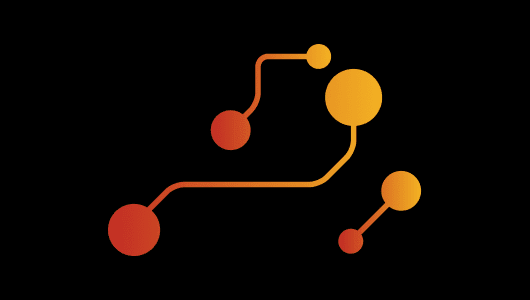
AI's Role in Transforming the Automotive Industry


Senior Industry Leaders Share Their Insights
As the automotive sector leans into its electrification ambitions, artificial intelligence (AI) emerges as a lever for innovation, prompting industry leaders to reassess their strategies to remain competitive.
Beyond driverless cars, AI’s promise extends to the entire value chain: better products, more innovative offerings, superior customer experiences, more stable supply chains, new revenue streams, and more. Yet many companies struggle to move beyond initial trials because of the challenges of implementation. In particular, outdated IT systems, isolated data sets, and a need to digitally upskill the workforce are significant obstacles to progress.
This Financial Times webinar, sponsored by PwC, explored AI’s potential within the automotive industry. Industry leaders and technologists discussed the opportunities and challenges associated with AI implementation - from autonomous driving and intelligent manufacturing, to predictive supply chains and personalised mobility services.
Key Discussion Points
AI for Customer & Revenue Growth
How can AI transform customer interactions, revenue models, and competitive positioning in the automotive industry?
AI for Autonomous Tech & Trust
What key advancements in AI and broader tech, such as computer vision, ADAS, lidar, and other technologies, are needed to fulfill autonomous ambitions?
AI for Supply Chain, Production & Design
In what ways can AI accelerate production timelines, optimise design processes and strengthen supply chains?
Register free on-demand
FT Live webinars are fully digital event experiences delivering maximum engagement. Live webinars provide unique opportunities to engage global senior audiences. All access, digital passes include access to all the live sessions PLUS all sessions on demand for 30 days. Join the conversation.
We’re Here To Help
© Financial Times Live
FT Live and its journalism are subject to a self-regulation regime under the FT Editorial Code of Practice